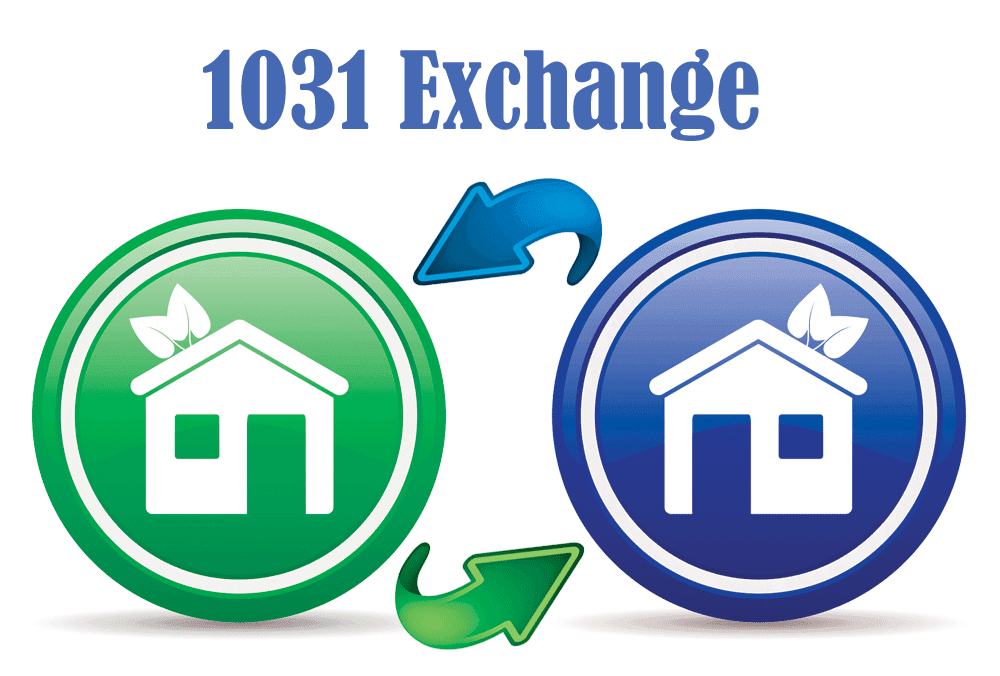
November 1, 2024
13 Min
Share on:

Example: If you have a $250,000 loan with an interest rate of 5%, you’ll pay about $12,500 annually in mortgage interest during the first few years. This entire amount can be deducted from your rental income, lowering your tax bill significantly.
Eligibility: This deduction applies to investment properties only, not personal residences, unless they are rented out most of the year.
Limitations: The mortgage interest deduction can only be claimed on loans used to acquire or improve rental properties. If the loan was used for personal expenses, like a home renovation, those interest payments won’t be deductible.
Example: Suppose you purchase a rental property for $300,000, and $50,000 of that cost is allocated to the land. The remaining $250,000 is for the building. You can deduct $250,000 ÷ 27.5 years = $9,090 annually as a depreciation expense.
Example #2: If you have a $250,000 loan with an interest rate of 5%, you’ll pay about $12,500 annually in mortgage interest during the first few years. This entire amount can be deducted from your rental income, lowering your tax bill significantly.
Example: If you own a rental property valued at $400,000 and the annual property tax is $4,000, you can deduct the entire $4,000 from your taxable income.
Keep in Mind: Property tax rates vary widely depending on where your property is located, so this deduction can range from hundreds to thousands of dollars annually.
Limitations: The deduction applies only to taxes on rental properties you own. If your tenants pay property taxes directly, you cannot claim the deduction.
Example: Suppose your rental property has a plumbing issue, and it costs you $1,200 to fix. This repair is deductible in the year you incur the expense.
Repairs vs. Improvements: Repairs are intended to maintain the property’s existing condition, such as patching a hole in the wall or replacing a broken furnace. In contrast, improvements, like installing a new kitchen or adding a bathroom, must be depreciated over time.
Limitations: The cost of improvements is capitalized and cannot be deducted in full in the year the expense is incurred. These costs will need to be spread out over multiple years.
Example: If you pay $1,000 annually for landlord insurance, this amount can be deducted from your rental income.
Additional Coverage: If you purchase additional insurance, such as workers' compensation or business insurance, to protect your rental property, these costs are also deductible.
Example: If you hire a property manager and pay them $2,000 per month to manage your rental properties, this expense is fully deductible.
Example #2: Legal fees for drafting leases or evicting a tenant are deductible as well.
Example: If you drive 100 miles to inspect a property, you can deduct 65.5 cents per mile (2023 IRS standard mileage rate), which would result in a $65.50 deduction for the trip.
Keep Records: It’s crucial to keep accurate records of mileage, travel dates, and the business purpose of the trip to claim these deductions.
Example: If you pay $1,500 per year in utility bills for a rental property, you can deduct this amount from your rental income.
Example: If your home office occupies 10% of your total living space, you can deduct 10% of your home’s expenses — including mortgage interest, utilities, and even repairs to the office space.
Eligibility: The IRS requires that the space be used exclusively for managing rental properties to qualify for this deduction.
Passive Activity Losses
1031 Exchange
Qualified Business Income (QBI) Deduction
The QBI deduction (Section 199A) allows certain business owners to deduct up to 20% of their qualified business income. Some real estate investors may qualify for this deduction if their rental activities are considered a “trade or business” by the IRS.
Conclusion
Real estate tax deductions provide powerful opportunities for investors to reduce their taxable income and increase profitability. From mortgage interest and property taxes to depreciation and travel expenses, understanding and utilizing these deductions is essential for real estate investors. By keeping detailed records, taking advantage of advanced strategies like 1031 exchanges and the QBI deduction, and working with a qualified tax professional, you can maximize your tax savings and keep more of your investment returns.









